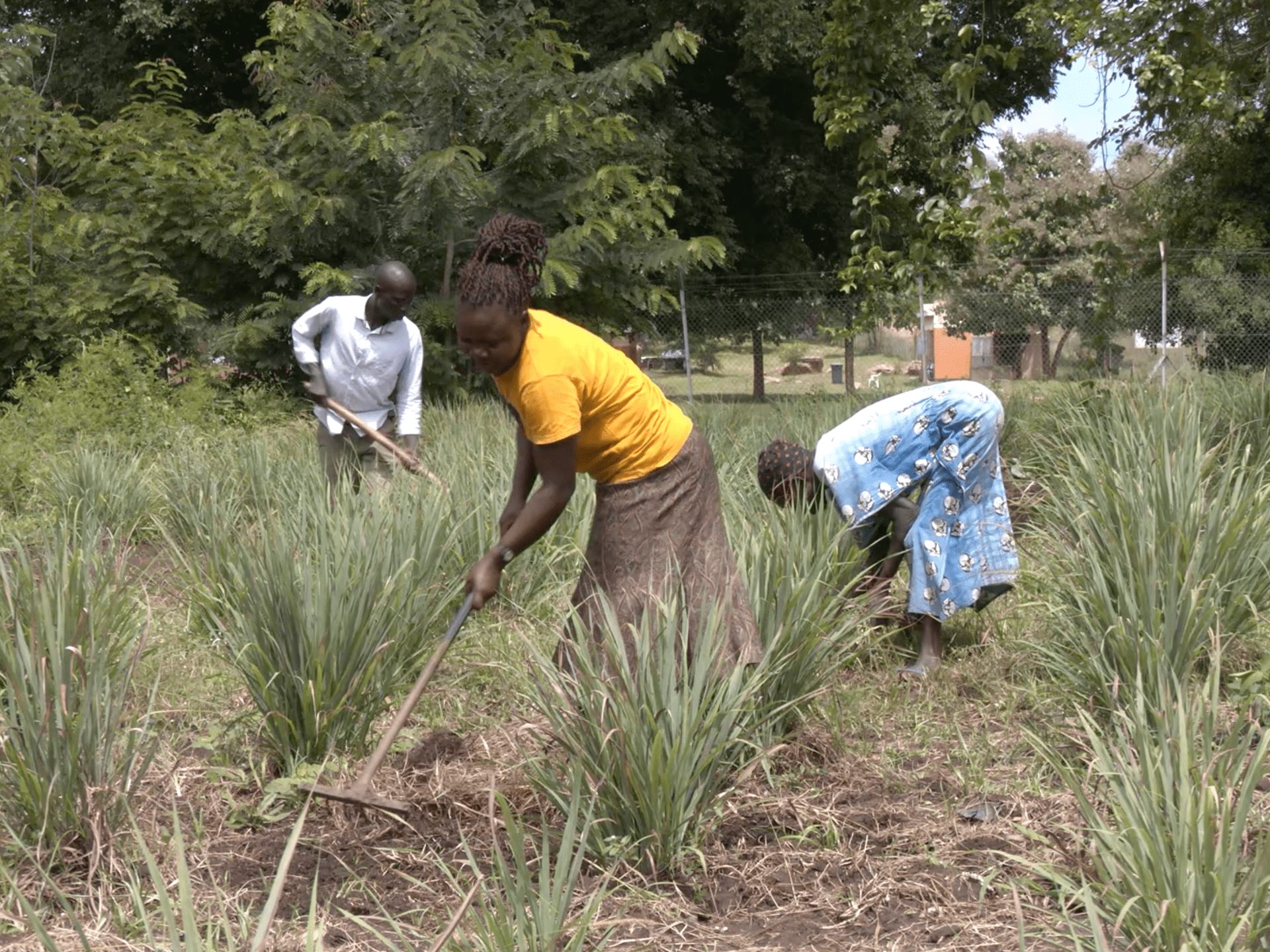Opposition to the Indigenous voice to parliament is hardening although the proposed constitutional change enjoys majority support with 60% in favour, the latest Guardian Essential poll finds.
The poll of 1,136 voters, released on Tuesday, found those who described themselves as a “hard no” against the voice was up three points to 26%, with “soft nos” down by three points to 14%.
Voters who describe themselves as a “hard yes” make up 32%, while 27% say they are a “soft yes” to adding a voice to represent Aboriginal and Torres Strait Islanders to the constitution.
The poll was conducted from Wednesday last week – one day after the Liberal MP Julian Leeser quit the shadow frontbench over the party’s decision to oppose the voice – to Sunday.
As the opposition leader, Peter Dutton, travelled to Alice Springs to campaign against the voice, opposition to the constitutionally entrenched body remained steady at 40%, in line with results in March.
Dutton recorded a net approval rating of minus eight, with 44% of respondents saying they disapprove of his performance as opposition leader, and 36% in support. Just 7% strongly approved of his performance, with 21% strongly disapproving.
By contrast the prime minister, Anthony Albanese, enjoyed a net favourability rating of +15%, with 51% approving of his performance and 36% disapproving.
Support for the voice among Labor and Coalition voters was down two points in both camps, to 76% and 41% respectively. This was offset by increases in support of four points among Greens voters, up to 81%, and independent and minor parties up to 45%.
A majority in all states supported the voice – including 55% in Queensland – although smaller sample sizes of a few hundred voters in each state increase variability in these results.
When no voters were asked why they oppose the voice, 59% said it “won’t make a real difference to the lives of ordinary Indigenous Australians” compared with 41% who said it “will give Indigenous Australians rights and privileges that other Australians don’t have”.
Among soft yes voters, 53% cited lack of a real difference as their “biggest concern” while 47% cited concern it may give “rights and privileges” others don’t have.
Voters were split on Dutton and the Liberals’ motives in opposing the voice, with 52% accusing them of “just playing politics” and 48% responding that they think their concerns are “genuine”.
after newsletter promotion
A majority of voters said Labor is “genuinely trying to make Australia a better place” (60%); is “trying to bring the country together” (56%); and “understands the issues facing women” (52%).
But 55% said Labor was “out of touch with ordinary people”, perhaps reflecting concerns in earlier surveys about the desire for more cost-of-living relief.
The Liberals rated highly for being “out of touch with ordinary people” (65%) and “disorganised” (60%). The Liberals rated poorly on “understands the issues facing women” and being “trustworthy”, propositions which just 39% of respondents agreed with.
As the Attorney-General’s Department conducts consultations on proposed privacy law reforms, 25% of respondents said the right to privacy is adequately protected by current laws, with 53% saying it was not and 22% unsure.
In 2022 the Albanese government passed a bill increasing penalties for companies that fail to protect customer data in the wake of major data breaches at telco Optus and health insurer Medibank.
The proposed reforms are considering greater control of personal information, including the ability to opt out of targeted ads, erase their data and sue for serious breaches of privacy.
The Essential poll found majority support for a range of measures to improve privacy: raising the level of responsibility for organisations that hold personal information (73%); allowing individuals to take legal action against organisations that issue or fail to protect personal information (70%); controls on facial recognition (60%); and defining personal information to protect detail of behaviour online (60%).
Support for these measures was relatively even across political lines, but there were large disparities based on respondents’ age.
While 54% of respondents aged 18 to 34 backed more responsibility for organisations holding information and the right to take legal action, this increased to 91% and 85% in the 55 and over age bracket.
Less than half (48%) of those aged 18 to 34 supported controls on facial recognition and defining personal information to protect detail of behaviour online.
#Guardian #Essential #poll #Indigenous #voice #retains #majority #support #opposition #hardens #Essential #poll


